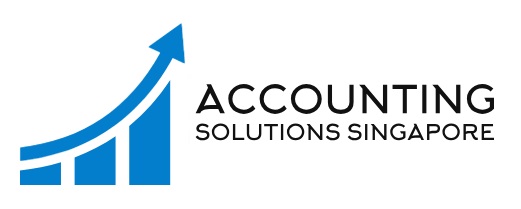What constitutes your company’s estimated chargeable income (ECI)?
ECI is the estimated taxable income for a Singapore incorporated company (after deductions made for expenses that are tax allowable and before deducting amount exempt under tax exemption schemes) during the Year of Assessment (YA).
– If the company’s financial year ends on 31 December 2018, the tax year is YA 2019. The tax filing due date is 30 November 2019.
– If the company’s financial year ends on 31 March 2019, the tax year is YA 2020. The tax filing due date is 30 November 2020.
With effect from January 2017, all companies are mandatory to declare their revenue for the YA in the ECI form (within 3 months after the end of the financial year).
Revenue is defined as the company’s main income source and excludes items like gains on disposal of property, plant and equipment.
For investment holding companies, the main income source is the investment income and includes items like dividend income and interest income.
You can use the company’s management accounts if the audited financial statements are not available.
If the revenue in the audited financial statements is different from the amount declared in the ECI, and the ECI remains the same, the company do not need to revise the revenue amount.
When your company should file the ECI?
Unless your company is explicitly not required to file ECI or if the company qualifies for an administrative concession, all Singapore incorporated companies are required to submit the ECI within three months following the end of the financial year.
During the last month of the financial year, IRAS will send a notification to all companies to file the ECI.
Even if your company does not receive an IRAS notification, your company should submit the ECI within the three months following the end of the financial year.
Compulsory e-filing of tax returns in YA 2020 for all companies
For financial years ending in 2019 (YA 2020), all corporate tax returns (including Form C, Form C-S and ECI) e-filling are mandatory for all companies.
The e-filing initiatives start from YA 2018 to YA 2020 and in line with the Singapore Government’s direction to use technology to enhance productivity.
– e-file in YA 2018 for companies with revenue above SGD 10 million in YA 2017
– e-file in YA 2019 for companies with revenue above SGD 1 million in YA 2018
– e-file in YA 2020 for all companies.
Advantages of ECI e-filing
Companies receive acknowledgement upon successful e-filing and enjoy a higher number of instalments to pay your company’s estimated tax.
Payment over instalments is only available for companies which are on GIRO arrangements. For a company to pay over instalments, the company is required to have a GIRO arrangement in place 14 days before they e-file the ECI.
However, if the company does not receive approval for GIRO arrangement before the payment due date, the company should make full payment to IRAS before the payment deadline to avoid the late penalty fee.
A notice of assessment (NOA) is sent to your company after IRAS completed processing the ECI form unless you filed a “Nil” amount for ECI. Unless paying by instalments (GIRO), the company should pay its tax within a month of the NOA date.
Singapore-registered companies can qualify for a GIRO instalment plan and information on the different ways to pay will be included in the NOA.
What is the waiver of requirement to File ECI?
To reduce the cost of compliance, IRAS has improved the tax filing process for businesses by reviewing the ECI waiver criteria:
– For the financial year ended in and before June 2017, your company is not required to file ECI if your company’s annual revenue is less than SGD $1 million and ECI is nil.
– For the financial year ended in and after July 2017, your company is not required to file ECI if your company’s annual revenue is less than SGD $5 million and ECI is nil.
The onus is on the Singapore companies’ directors to determine whether or not the companies are eligible for the waiver of the requirement to file ECI.
Singapore companies eligible for waiver is not required to submit ECI for that YA.
If your company does not meet the waiver criteria, you have to file ECI for that YA.
Should you need assistance or would like to find out more about Tax Services in Singapore, please send an email to Contact@AccountingSolutionsSingapore.com, and our tax advisor will contact you.
